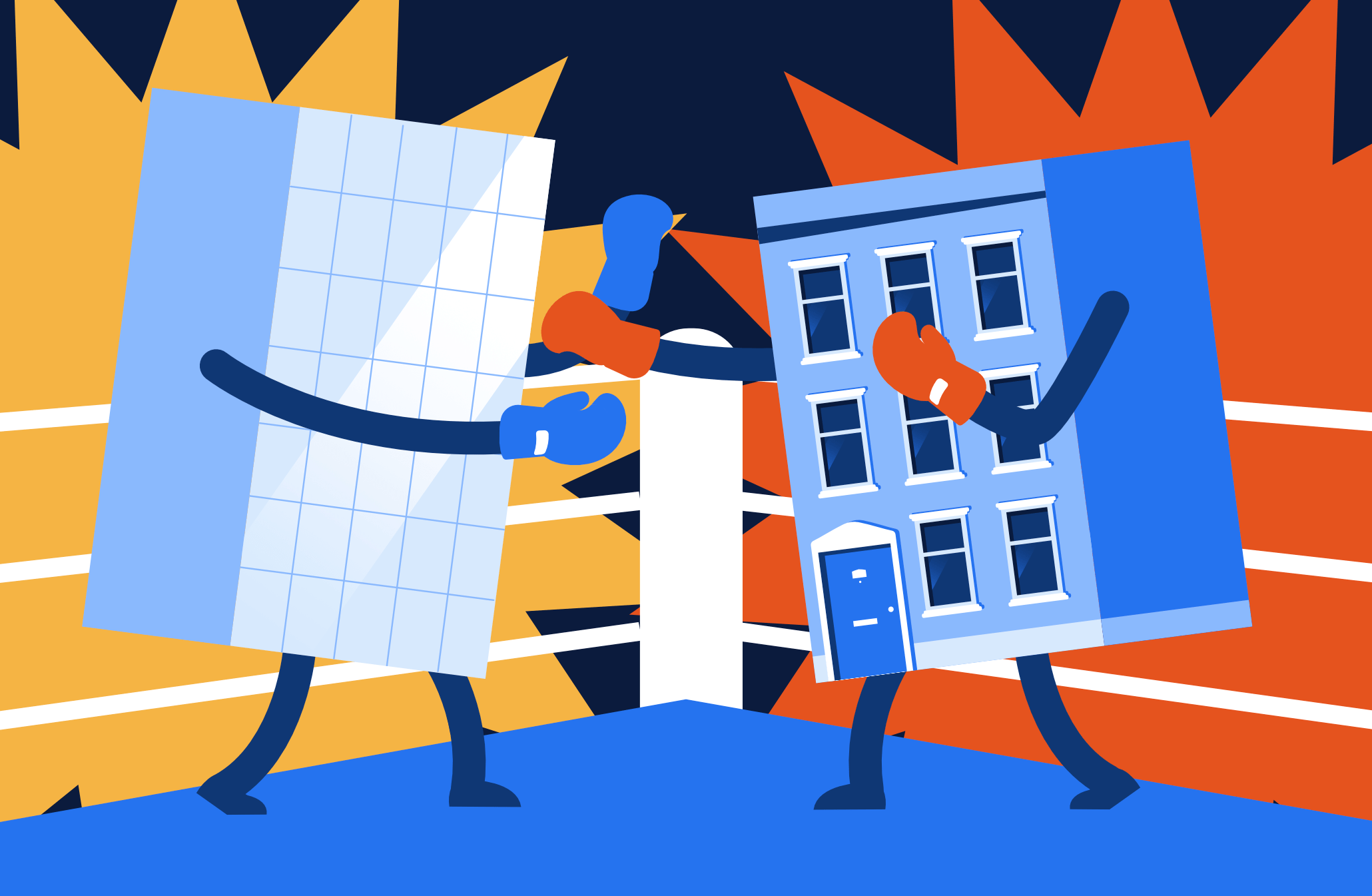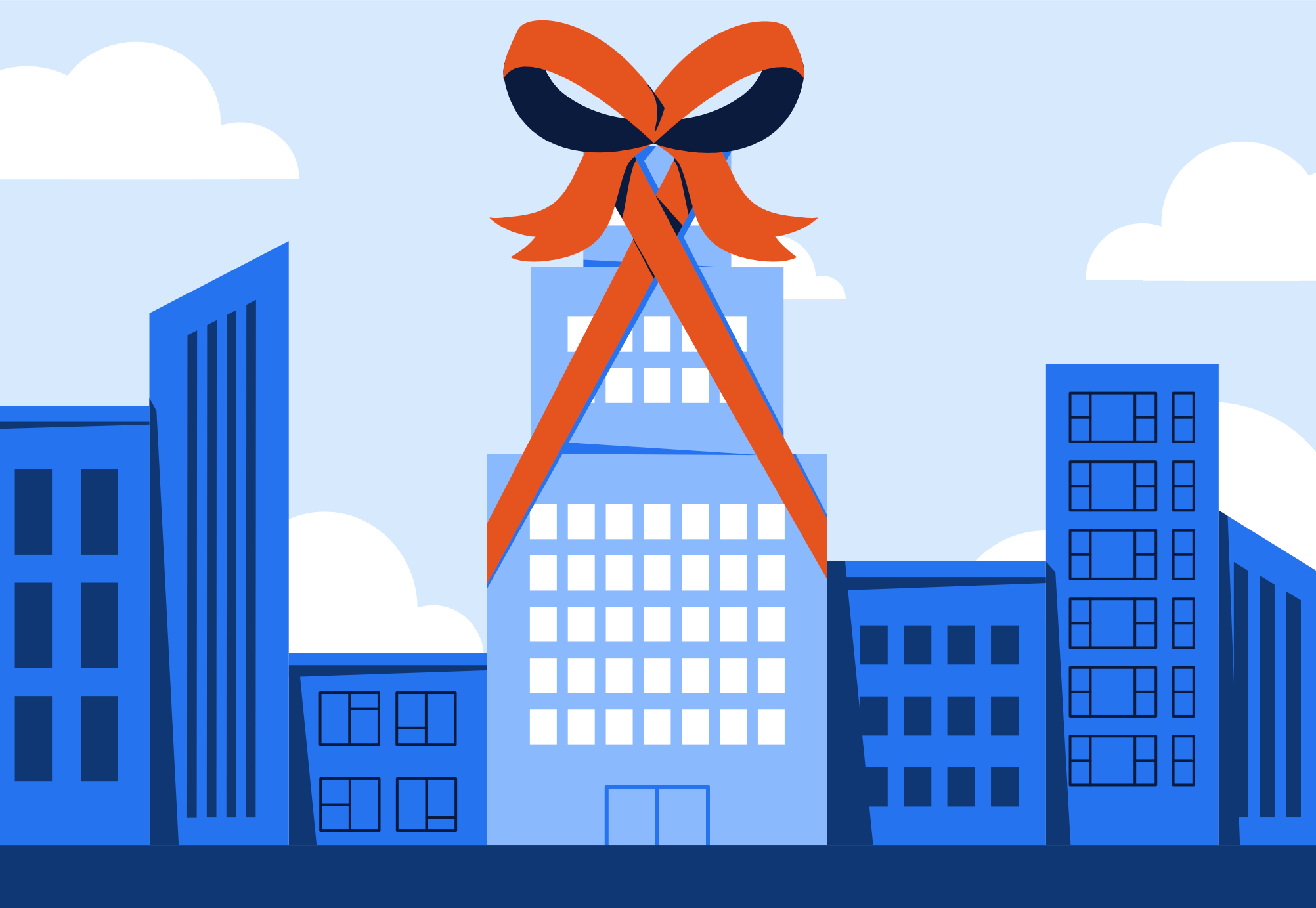Whenever we’re helping buyers put together an offer, we get quick responses to most of the required information - price, down payment, financing contingency, targeted closing date - those are pretty straightforward.
But one question that always prompts a discussion is if they want to do an inspection. It’s something most buyers haven’t considered and the choice isn’t always obvious when buying an apartment in NYC.
We should note that this post is geared towards apartment buyers. If you are buying a house, you should always do an inspection prior to signing a contract. The risks around buying a house without an inspection are significantly higher as the owner is responsible for 100% of the building.
What does an NYC apartment inspector do?
An inspector’s job is to make sure you’re not buying into any problems. Just like your attorney reviews the building’s financials to make sure monthlies aren't about to skyrocket, your inspector will look at the apartment itself to make sure there aren't any looming construction issues.
But what is an apartment? It's a weird question but actually a critical one.
While every building is different, the general rule is everything behind the wall is the building’s responsibility. This applies to both co-ops and condos. So if there's a leak in the wall, the building fixes it. But if the leak is from the wall to your sink, it’s your responsibility.
Common items checked during an inspection include plumbing, electrical outlets, appliances, HVAC and floors.

What won’t your inspector check?
Remember you’re doing an inspection of the apartment, not the building. While your inspector will look at the facade and can ask to see the building’s systems, they generally stick to the apartment.
This shouldn't be a concern though. If the building is properly maintained, the staff should take care of high ticket items like the boiler and roof and the board should put aside cash over time so they are ready for their eventual replacement.
What happens after an inspection?
Once finished, your inspector will run you through the issues found and they always find issues. It doesn’t matter if the apartment is brand new. Your inspector is paid to find issues so they are going to find issues.
The range of issues will vary but there isn’t too much that can go wrong inside an apartment. Issues Yoreevo has recently encountered include -
- A small leak under a sink
- Windows jammed shut
- Unlit stove pilot light
Items like the windows and appliances are usually covered by the contract already but your inspector will help find them.
It's always best to attend an inspection so your inspector can literally walk you through their findings. A day or so later, they will also follow up with a full report.
How can inspections kill NYC real estate deals?
It’s very rare for an inspection to identify an issue so problematic that it kills the deal. That being said, inspections can kill deals because of buyer expectations.
When you buy a resale apartment, you are buying it "as-is" and it won’t be perfect.
Some of the issues found will be urgent but most will be trivial. For example, nothing will happen if the HVAC filters aren't cleaned immediately. However a leak under the sink is an urgent problem that needs to be fixed ASAP.
Yoreevo's general advice is to focus on these urgent issues. Any reasonable seller will not only agree to fix them, they will want to fix them. If left alone, that leak is going to cause more problems and end up costing the seller more.
Sometimes buyers will take the inspector’s report, give it to the seller and ask for nearly everything to be fixed which will likely kill the deal. Remember the apartment is being sold as-is.
In new development, you have a “punch list” walkthrough where you identify every flaw and the sponsor is required to fix them. In a resale transaction though, the contract usually requires the seller to deliver the apartment as listed with working appliances and a few other minor conditions.
If an item is in the grey area, the negotiation isn't over yet. Both parties will need to agree on a remedy before the contract is signed. Usually the buyer requests the seller either fix these items or provide a credit (also called a concession) so they can fix them after closing. If either party feels the other is being unreasonable, the deal can fall apart.
Should you do an NYC apartment inspection?
An inspection will cost you a few hundred dollars but compared to a six or seven figure purchase price, it’s money well spent.
But there are two non-monetary aspects you should take into account.
Expectations - As we already discussed, you need to have realistic expectations for the inspection. Make sure to talk to your agent about reasonable repair requests before and after the inspection.
Timing - An inspection adds another step between an accepted offer and signing the contract. To be fair to the seller, an inspection should be part of your offer. Asking for an inspection after a week of due diligence will extend the timeline and may be seen as negotiating in bad faith by the seller. For this reason, we suggest all buyers speak to their attorney about inspections prior to making an offer. Your attorney's job is to mininize your risk and they may suggest doing one after you have told the seller otherwise, risking the deal.
It's unlikely your inspection will be end up being material - the cost is nominal and you are unlikely to find any serious problems. A house is a different story. Very significant problems like a cracked foundation or leaky roof may not be visible to the untrained eye. But given an apartment building is responsible for these big ticket items, the risk is much lower. On top of spreading the risk among your neighbors, the building's staff should be properly monitoring and maintaining the building.
Please keep in mind this post is for informational purposes only and should not be relied upon for specific transactions. If you would like to discuss the pros and cons of doing an inspection in more detail or have any questions about the home buying process in general, please reach out to Yoreevo at 212-365-0151 or info@yoreevo.com. And make sure to read about our commission rebates which will save you up to 2% on any purchase in NYC!


